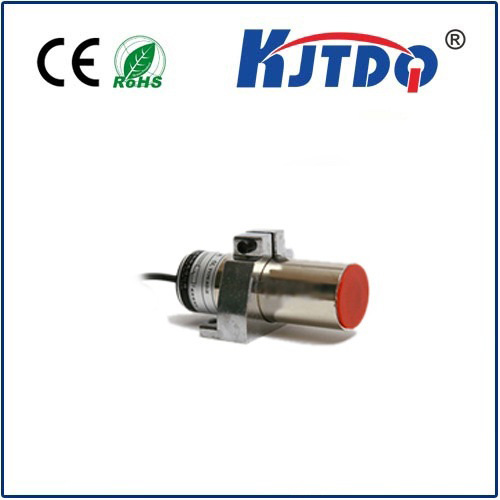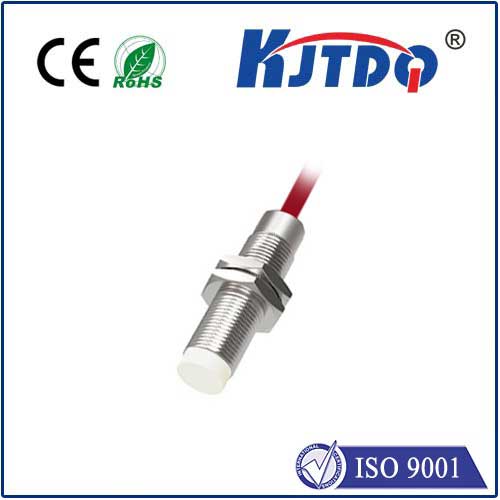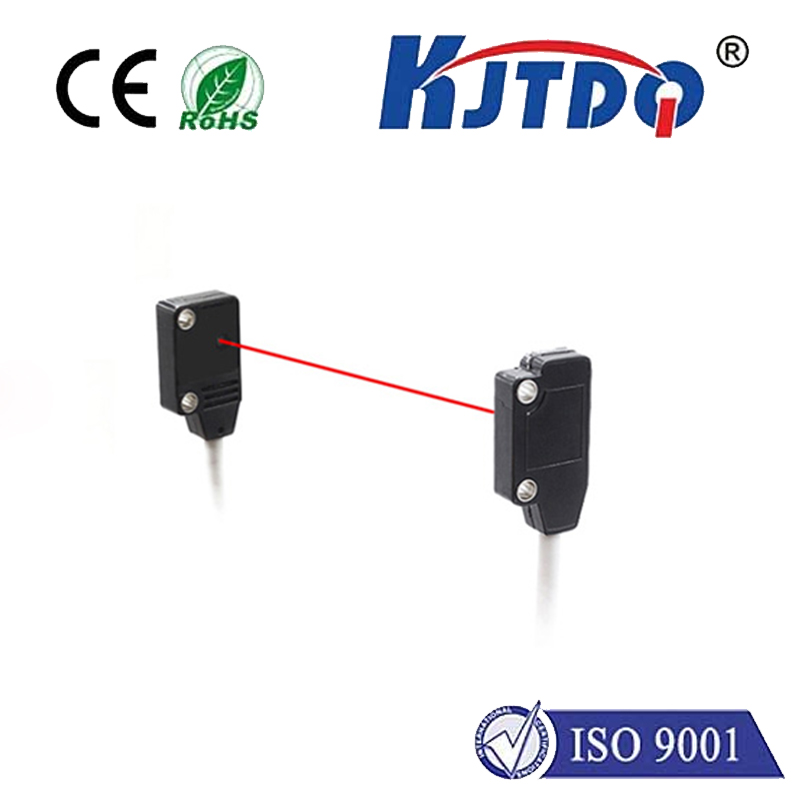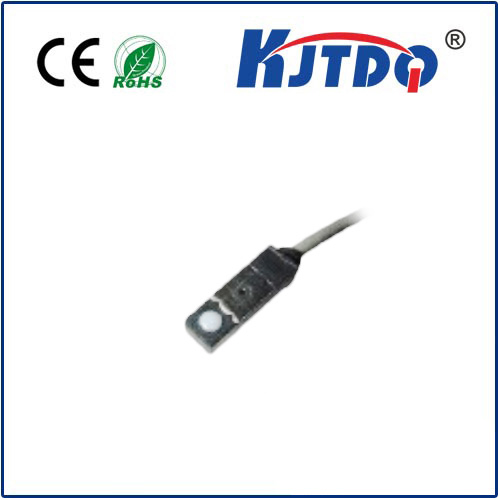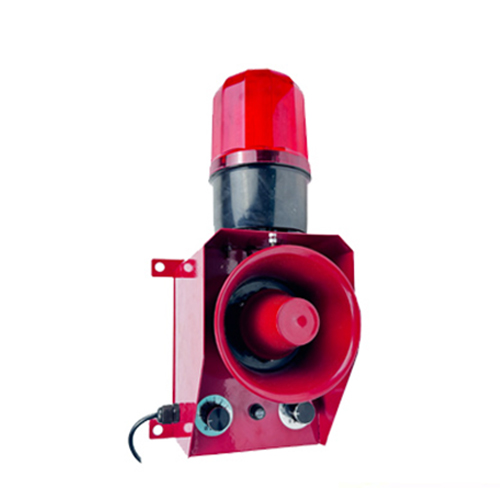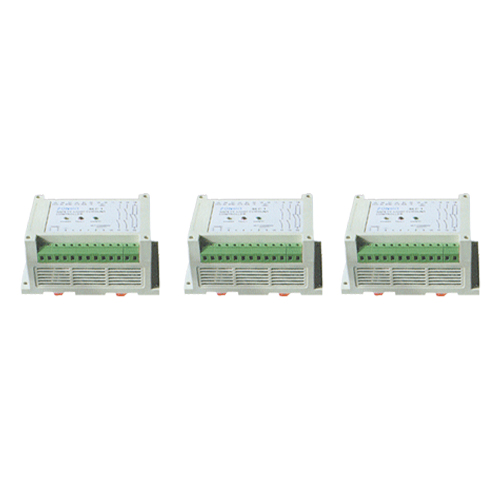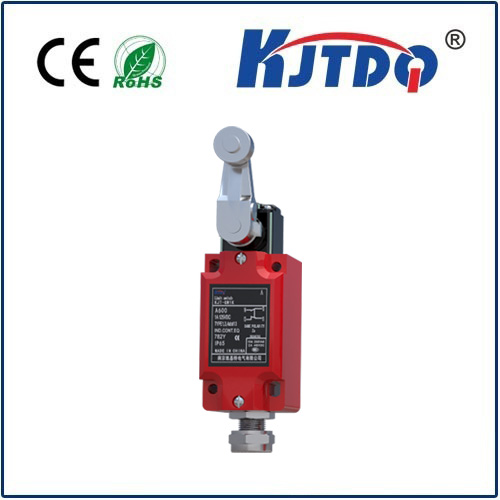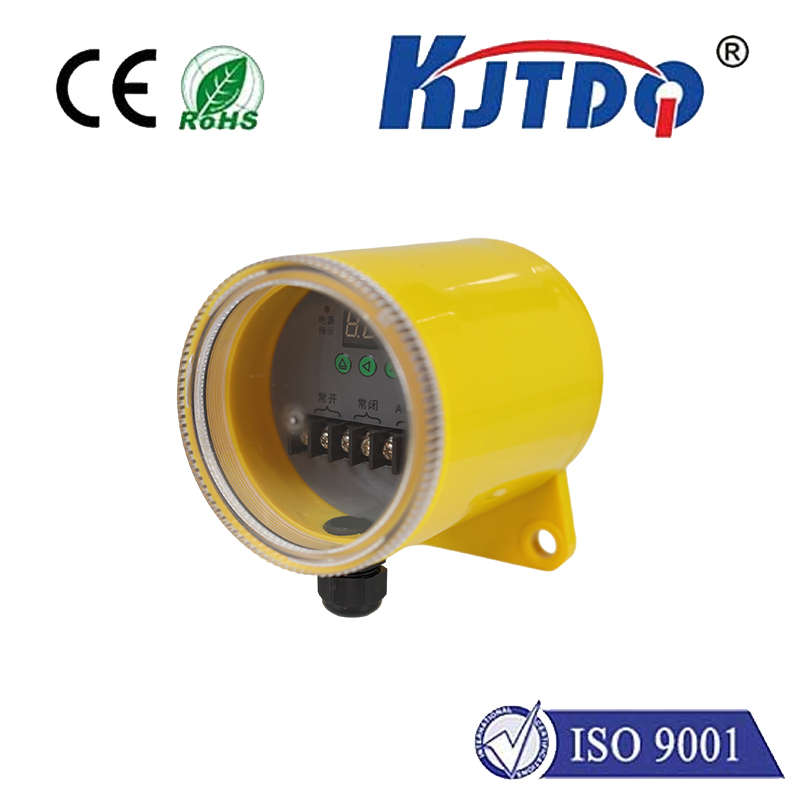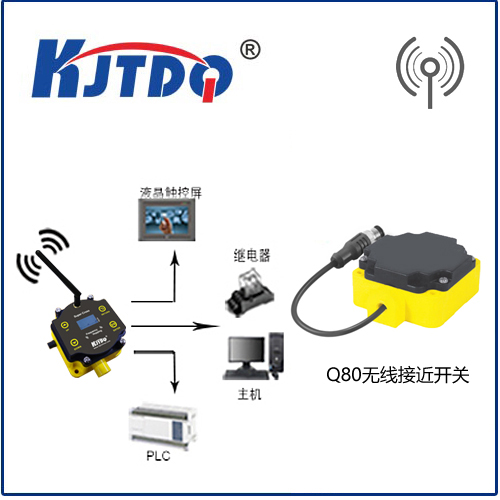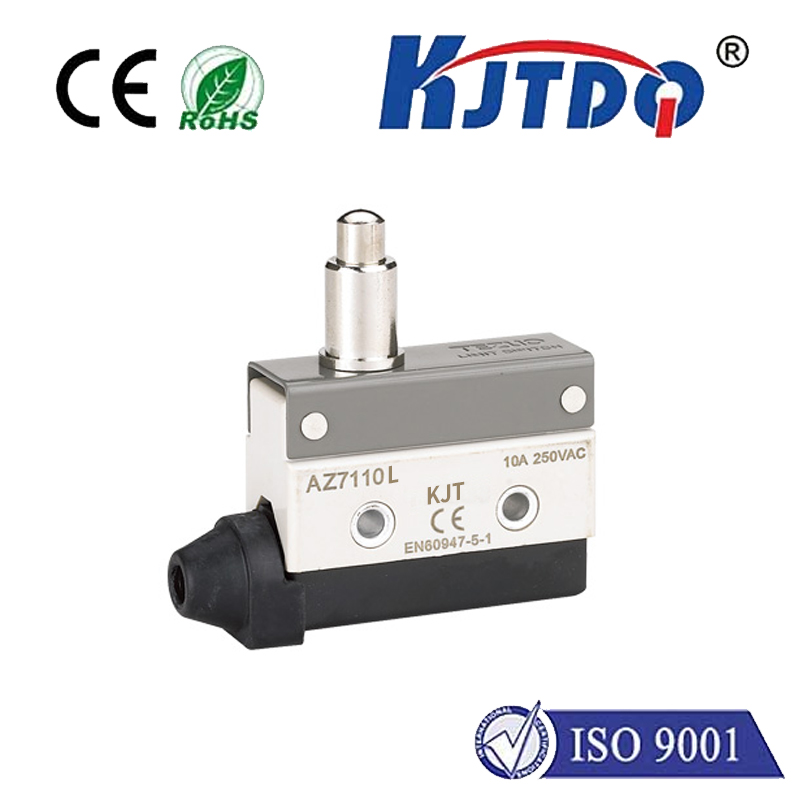micro switch ip67
- time:2025-08-01 13:36:12
- Click:0
Micro Switch IP67: Your Essential Solution for Reliable Operation in Harsh Environments
Imagine a critical piece of machinery on a factory floor grinding to a halt. Not due to a major mechanical failure, but because a tiny switch controlling a safety interlock succumbed to dust contamination. Or picture an automated process in a food processing plant disrupted by moisture ingress into a simple control component. These scenarios highlight a fundamental truth: in demanding industrial, outdoor, or washdown settings, the reliability of every component matters profoundly. This is precisely where the Micro Switch IP67 becomes an indispensable engineering asset. It’s not just a switch; it’s a meticulously designed barrier against the elements, enabling consistent performance where standard switches falter.
Understanding the Core: The Micro Switch
At its heart, a micro switch is a compact, highly reliable electromechanical device. Its defining characteristic is a snap-action mechanism. A small physical force applied to its actuator (a lever, roller, button, etc.) triggers a rapid, positive switching action. This “snap” ensures minimal contact bouncing and provides a distinct, clean electrical signal – either opening or closing a circuit – crucial for precision control and sensing applications. Their durability is legendary, often rated for millions of operating cycles, making them ubiquitous in:
- Control Panels: Door interlocks, button controls.
- Appliances: Limits on washing machine lids, oven doors, refrigerator ice makers.
- Automotive: Gear position sensors, brake pedal switches.
- Industrial Automation: Position sensing, machine safety interlocks, equipment status monitoring.
The Critical Shield: Decoding the IP67 Rating
While inherent reliability is key, environmental resilience is the differentiator. This is signified by the IP67 rating – an international standard (IEC 60529) defining protection levels against solid particles (first digit) and liquids (second digit).

- IP6X (Solid Particle Protection): The ‘6’ signifies the highest level of protection against dust. It means the enclosure is dust-tight. No harmful quantity of dust can penetrate under defined test conditions. This is vital for preventing internal contamination that could cause arcing, corrosion, or mechanical jamming in dusty environments like construction sites, grain processing, or workshops.
- IPX7 (Liquid Protection): The ‘7’ denotes protection against the effects of temporary immersion in water. Specifically, the enclosure can withstand immersion under 1 meter of water for up to 30 minutes without allowing harmful ingress. This protects against washdown procedures in food & beverage plants, exposure to heavy rain, accidental spills, or even flooding scenarios, ensuring functionality isn’t compromised by moisture.
Therefore, a Micro Switch IP67 combines the proven, reliable snap-action switching technology with a housing specifically engineered to be completely dustproof and waterproof under temporary immersion conditions.
Why Choose a Micro Switch IP67? The Compelling Advantages
Selecting a switch with this level of protection offers significant operational benefits:
- Enhanced Reliability & Extended Lifespan: By excluding dust and moisture – two primary culprits of switch failure – IP67-rated micro switches deliver vastly superior long-term reliability. Components inside remain clean and dry, dramatically reducing wear, corrosion, and electrical faults. This translates directly to fewer unplanned downtimes and lower maintenance costs over the switch’s significantly extended operational life.
- Robust Performance in Demanding Settings: These switches are purpose-built for environments that would quickly degrade standard components. Think:
- Outdoor Equipment: Agricultural machinery, ATVs, marine control panels exposed to weather.
- Industrial Automation: Harsh factory floors with high dust, coolant mist, or occasional splashes/washdown (packaging, metalworking, chemical plants).
- Food & Beverage Processing: Requiring frequent high-pressure washing with water and cleaning chemicals. IP67 ensures operation continues seamlessly after sanitation cycles.
- Medical Devices & Laboratory Equipment: Where hygiene and resistance to cleaning fluids are paramount.
- Construction & Mining Equipment: Facing constant dust, mud, and vibration.
- Improved Safety: In critical safety interlocks or emergency stop circuits, switch failure can have serious consequences. The protection offered by IP67 ensures these vital safety mechanisms function correctly even when exposed to challenging conditions, enhancing overall operational safety.
- Reduced Maintenance & Downtime: The inherent resilience means less frequent inspection, cleaning, or replacement compared to standard switches. This translates directly into cost savings through minimized labor and parts costs, and most importantly, maximized production uptime.
Key Applications Spotlighting Micro Switch IP67 Performance
The versatility of these rugged switches shines across numerous sectors:
- Heavy Machinery: Position sensing on excavator booms, safety interlocks on access panels exposed to mud and rain. Dustproofing ensures reliable signals from sensors buried in clouds of particulate matter.
- HVAC Systems: Outdoor unit controls facing constant weathering, rain, and airborne dust. Waterproofing prevents corrosion and failure during storms.
- Material Handling: Limit switches on conveyors in dusty warehouses or outdoor yards, switchgear on forklifts used in damp conditions.
- Transportation: Door interlocks on buses, trains, and utility vehicles exposed to the elements.
- Vending & Kiosk Systems: External access doors or coin mechanisms requiring protection from dust and occasional spills.
- Outdoor Lighting Controls: Switches controlling landscape lighting or streetlights must resist moisture ingress long-term.
Selecting the Right Micro Switch IP67: Considerations
Not all IP67 micro switches are identical. When specifying one, ensure you consider:
- Electrical Rating: Current and voltage (AC/DC) requirements for your load.
- Actuator Type: Lever (standard, roller, simulated roller), pin plunger, or button – chosen based on the physical actuation method needed.
- Electrical Terminals: Screw terminals, quick-connect tabs, or wire leads.
- Mechanical Life Expectancy: Higher cycle ratings (e.g., 10 million vs. 1 million) are crucial for frequently operated switches.
- Enclosure Material: Metal (often stainless steel for extreme corrosion resistance) or robust, high-grade engineered plastics.
- Operating Temperature Range: Ensure suitability for the coldest winters and hottest summers in your application’s location.
- Compliance & Certification: Look for relevant industry standards beyond IP67 (e.g., UL, CE, RoHS) if required.
Beyond IP67: Complementary Protections
While IP67 offers excellent general-purpose ingress protection, specific applications might demand more:
- Higher Pressure Washdown (IP69K): For equipment undergoing extremely high-pressure/high-temperature cleaning jets.
- Chemical Resistance: Specific seal materials needed for exposure to aggressive solvents or cleaning agents.
- Impact Resistance (IK Rating): Important where physical abuse is likely.
- Extended Temperature Ranges: For furnaces, cryogenic applications, or arctic conditions.
Investing in Resilience for Uninterrupted Operation
The Micro Switch IP67 represents a strategic choice for engineers and designers prioritizing operational reliability, safety, and reduced maintenance in challenging environments. By integrating essential dustproofing and waterproofing into the proven micro switch platform, it delivers consistent, dependable performance where standard components are destined to fail. Understanding the specific demands of your application – the nature and severity of dust and moisture exposure – is key to selecting the optimal IP67 micro switch. This small but critical component, shielded against the elements, forms the bedrock of












